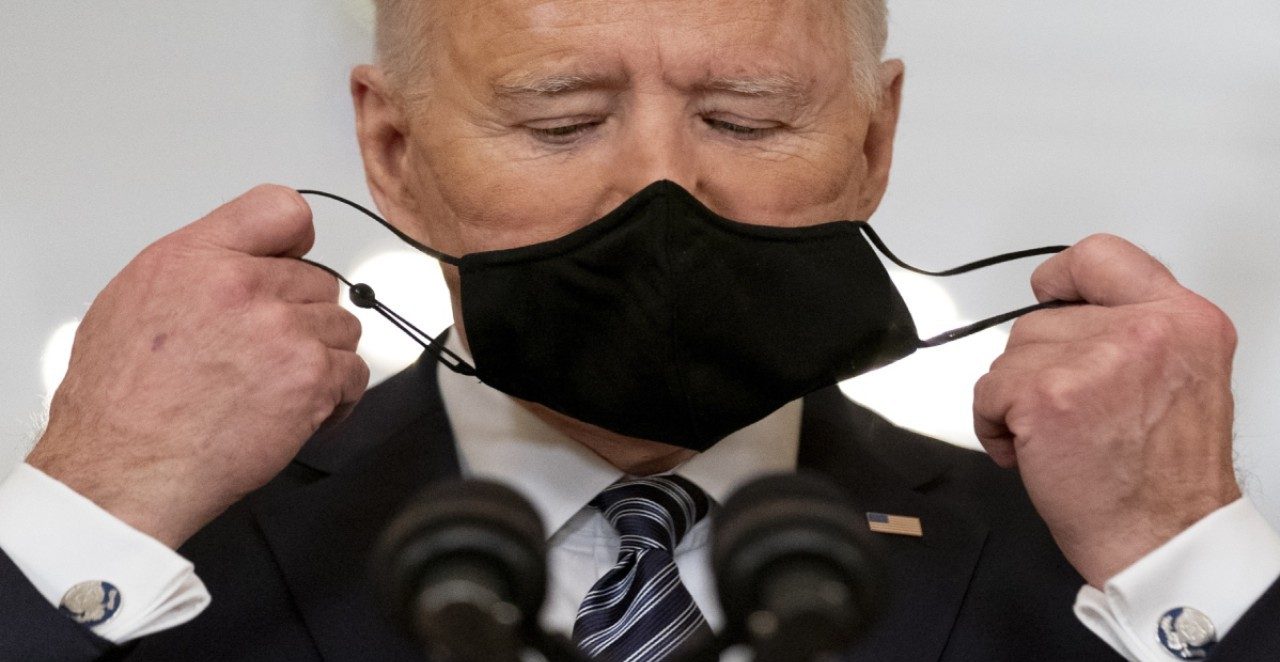
Remember when 50 Cent warned everyone to vote for Trump after seeing Biden’s tax plan? In recent reports, Biden has planned the first major tax hike since 1993 set to follow the massive $1.9 trillion coronavirus relief package. It could include increasing the corporate tax rate from 21% to 28% and the individual rate for high-income earners through estate taxes, raising capital gains tax rates, and paring back tax preferences on “pass-through” business, such as limited liability companies.
While some lawmakers have quickly supported the tax increase, others have been reluctant to raise taxes during an economic slowdown. Democratic Sen. Joe Manchin, for example, has called it “ridiculous” to repeal Trump’s tax cuts during the COVID-19 pandemic, adding that they should address vaccine distribution and opening up businesses first. One Democratic House member adds that raising the corporate income tax rate is one thing, but beyond that, there’s going to be more “problems” in the middle of an economic crisis.
Trump’s Tax Cuts and Jobs Act set corporate taxes at 21%, income and payroll at 37%, small business taxes at 29.6%, and capital gains and dividends at 23.8%. There were no estate or inheritance taxes. Under Biden’s proposed tax plan, corporate taxes would be set at 28%, income and payroll at 52%, small businesses at 39.6%, and capital gains and dividends at 43.4%. He would also revive estate and inheritance taxes.
Sen. Jon Tester also warned Congress lawmakers that it’s not the best time to be raising taxes when the unemployment raise is nearing 10%. “I think there are some loopholes in the code that could be cut out. I don’t know that you want to do it right now,” he said.
Any of these tax increases would take effect in 2022 and would raise an estimated $2.1 trillion in new revenue over a decade. Biden claimed these investments would be to “combat climate change,” as well as revamp housing, education, and government health care.
If corporations end up paying more in taxes, they’ll make up the deficit in layoffs, budget cuts, fewer hires, and cutting hours. Higher taxes, higher costs, and higher wages almost make it nearly impossible to maintain small businesses, especially in the midst of COVID-19 restrictions. While corporations continue to build higher taxes and costs into their products and services (as other costs), the consumer is the one who ends up paying more in the end. If unemployment needs more money, then they’ll start taxing the middle class at higher rates.
Isn’t this common sense?


